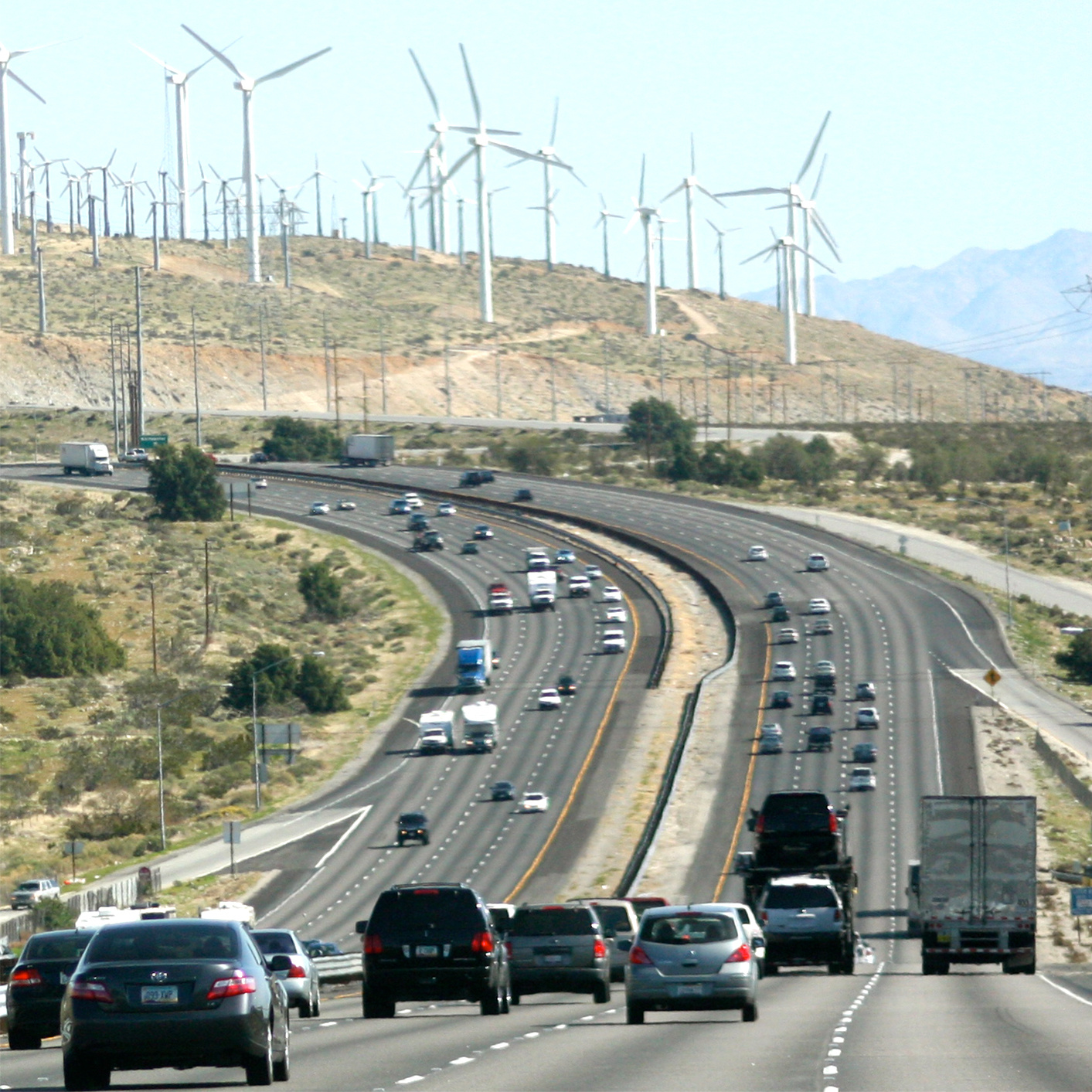

Kevin Dooley / Flickr
What does climate change have to do with economic growth? Canada’s prime minister and premiers signed a deal in December to “grow our economy, reduce greenhouse gas (GHG) emissions, and build resilience to the impacts of a changing climate.” The Pan-Canadian Framework on Clean Growth and Climate Change outlines plans for carbon pricing, energy-efficient building codes, electric vehicle charging stations, methane emission regulations and more.
Is the framework correct in assuming we can reduce greenhouse gas emissions and grow the economy? If not, which should be given precedence?
These questions come at a pivotal moment in Canadian climate action. The Pan-Canadian Framework marks the first time Canada’s first ministers have endorsed a national plan to tackle climate change. It opens the door to a game-changing carbon price that will make reducing greenhouse gas emissions the smart, cost-saving choice for businesses and individuals.
However, a recent Nature Climate Change article claimed, “No major advanced industrialized country is on track to meet its pledges to control the greenhouse-gas emissions that cause climate change.” Canada pushed for ambitious targets during the 2015 Paris climate negotiations, but even the framework won’t put us on track to meet our pledged reductions.
Rather than being an outcome of climate action, economic growth may prevent us from reaching climate targets. A July 2017 study in Nature Climate Change concluded that the world only has a five percent chance of keeping global average temperature from increasing beyond 2° C. On a positive note, the authors found economies worldwide will likely become more energy-efficient, and low-carbon sources like wind and solar will make up a growing share of the mix.
David Suzuki: Demanding Economic Growth on a Finite Planet Robs Future Generations https://t.co/SovXlxfJ3W @BusinessGreen @Ethical_Corp
— EcoWatch (@EcoWatch) August 10, 2017
But economic growth will likely cancel out these advances. For every megatonne of emissions reduced through efficiency and clean energy, another megatonne will be produced because of economic expansion. Our economies will get bigger almost as fast as they get cleaner and emissions will not drop quickly enough to stave off catastrophic climate change.
Economic growth has been the primary goal of every Canadian government, provincial and federal, for decades. Leaders’ speeches are peppered with references to it. Election campaigns are filled with promises of economic expansion. Pity the politician who presides over an economic downturn.
Rarely do we stop to ask what economic growth means. In short, it’s a year-to-year increase in production, distribution and consumption, as expressed by gross domestic product.
If GDP strikes you as a poor indicator of well-being, you’re not alone. The late U.S. politician Robert F. Kennedy once remarked that GDP “measures everything, except that which makes life worth living.” It’s a flawed indicator of progress.
The Pan-Canadian Framework expresses optimism that we can reduce emissions while expanding the economy. This promise of “green growth” is popular because it offers something for everybody. It maintains a commitment to economic growth while claiming greenhouse gas emissions will drop. But, as the Nature Climate Change study asserted, “green growth” is likely an oxymoron.
“Degrowth” advocates argue that tackling climate change requires shrinking the economy. A planned slowdown of the economy would be achieved by implementing shorter workweeks and more holidays and encouraging low-consumption lifestyles.
“Agrowth” advocates such as environmental economist Jeroen van den Bergh argue that we should ignore GDP altogether, and instead evaluate progress using indicators such as literacy, employment, rates of diabetes and heart disease, water and air quality and climate stability. If GDP happens to go up while these indicators improve, so be it. If GDP goes down while other measures of well-being increase, what have we truly lost?
When the Pan-Canadian Framework is implemented, some economic sectors will likely grow. Companies that offer low-carbon energy sources, energy-efficient products and opportunities to offset or store greenhouse gas emissions will prosper. Other sectors, like coal mining for power production, will shrink. We may or may not have “clean growth,” but we will have a cleaner economy and a better shot at preventing or mitigating climate change’s most harrowing effects.
If moving beyond the Pan-Canadian Framework is at odds with growing the economy, let’s make sure our elected officials have their priorities straight. Reducing greenhouse gas emissions should take precedence over economic growth.
David Suzuki is a scientist, broadcaster, author and co-founder of the David Suzuki Foundation. Written with contributions from David Suzuki Foundation research fellow Brett Dolter. Dolter is co-editor of the recently released Handbook on Growth and Sustainability.

 233k
233k  41k
41k  Subscribe
Subscribe 